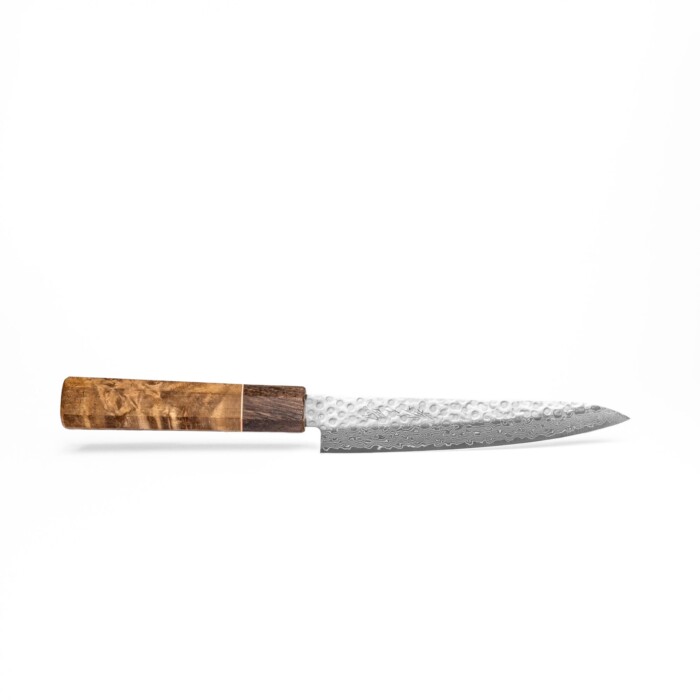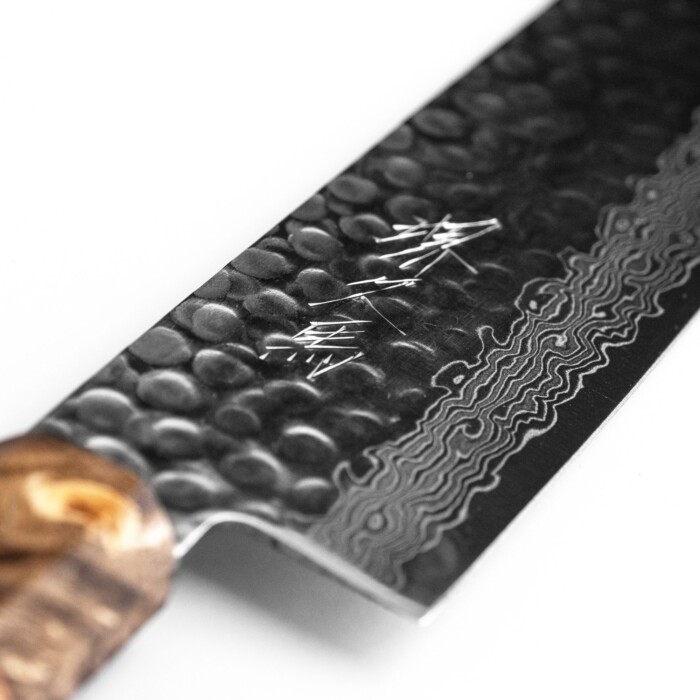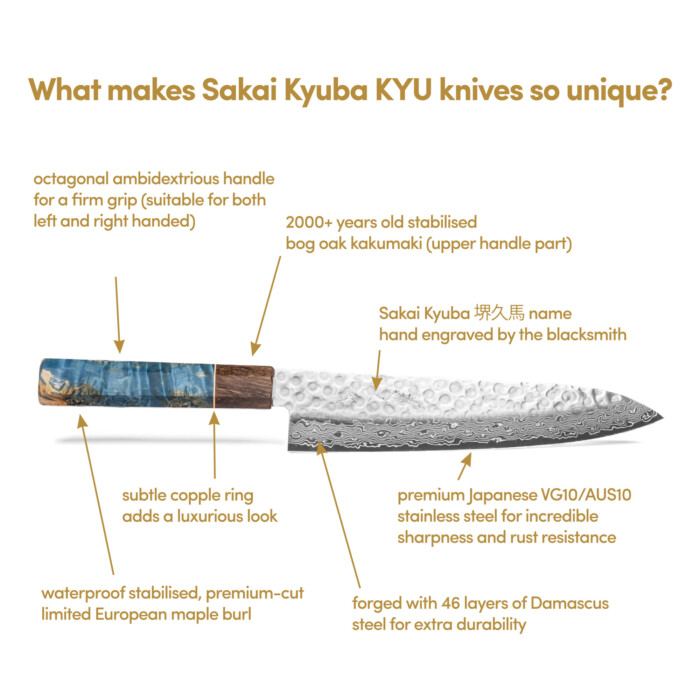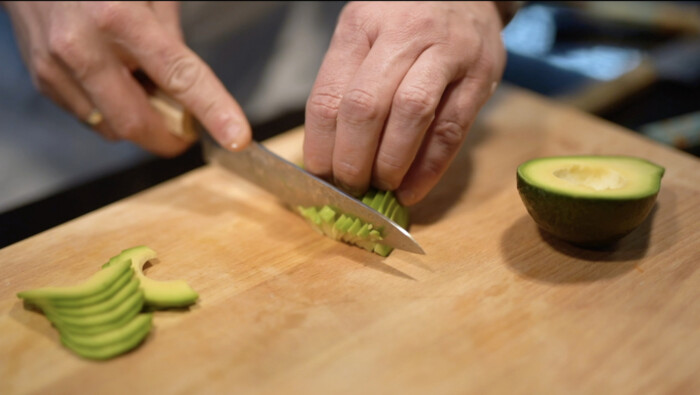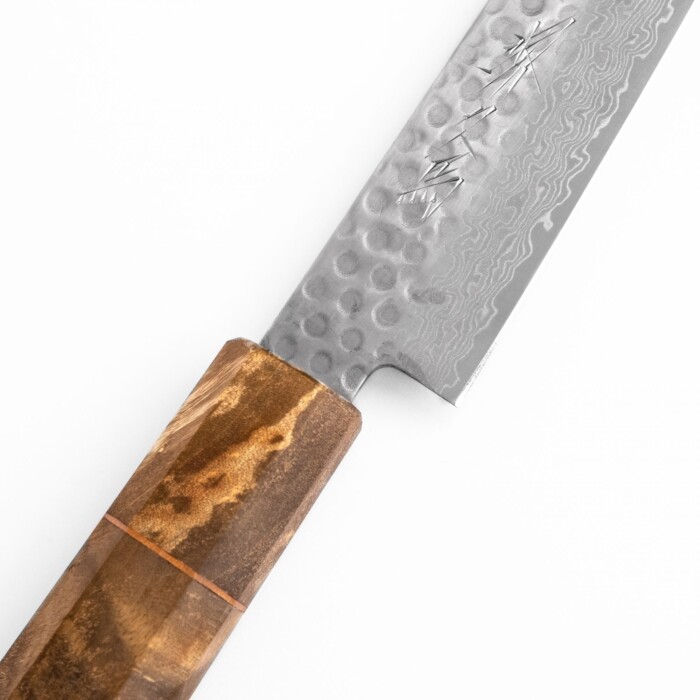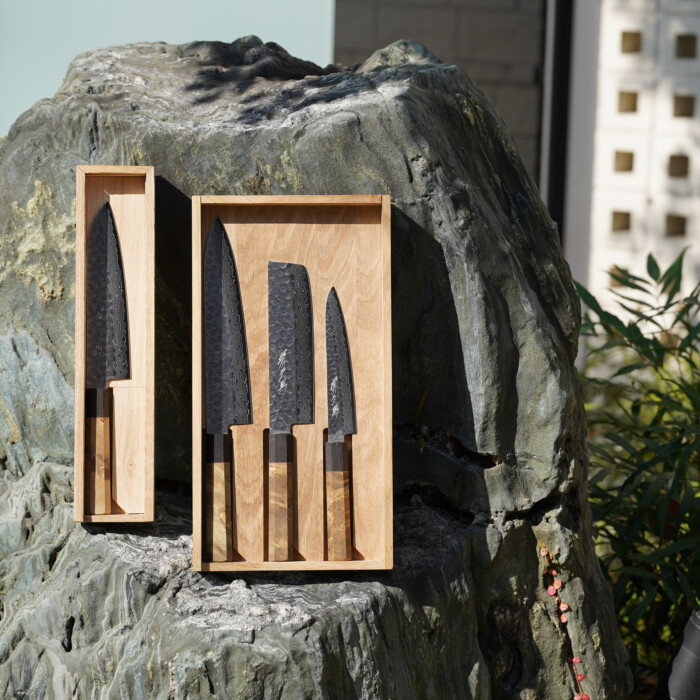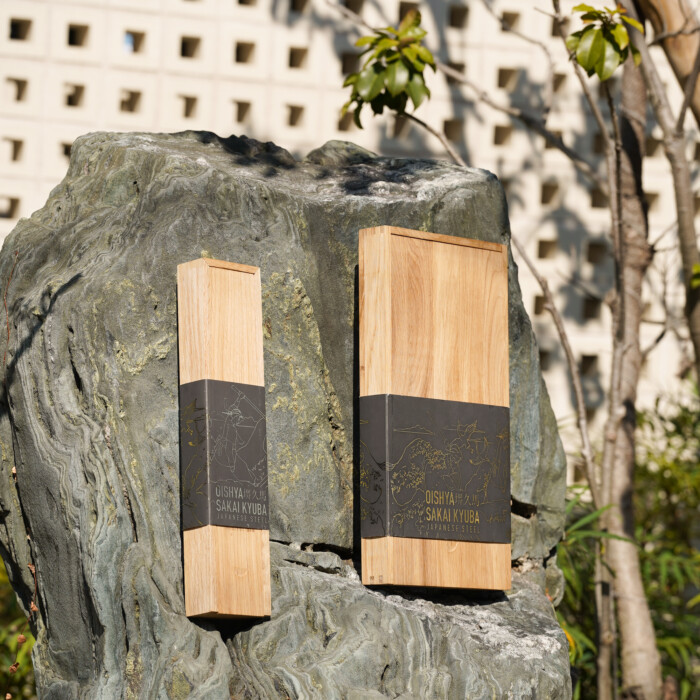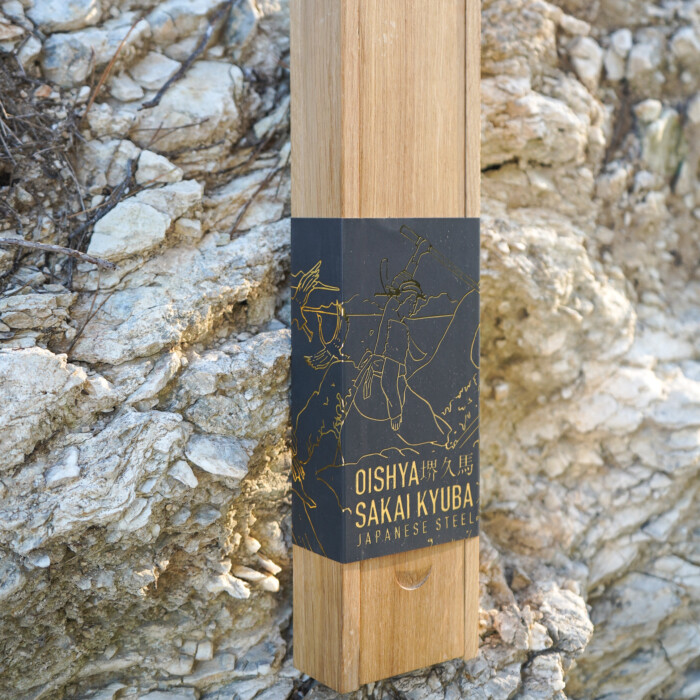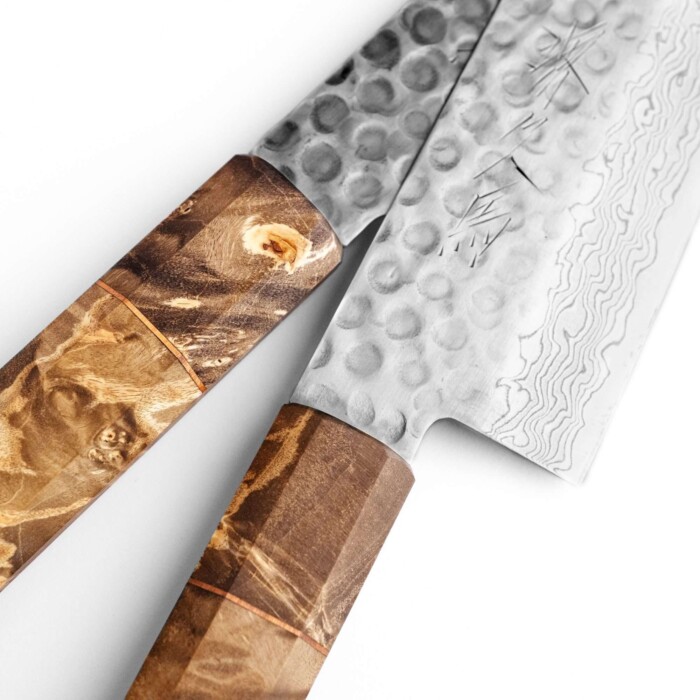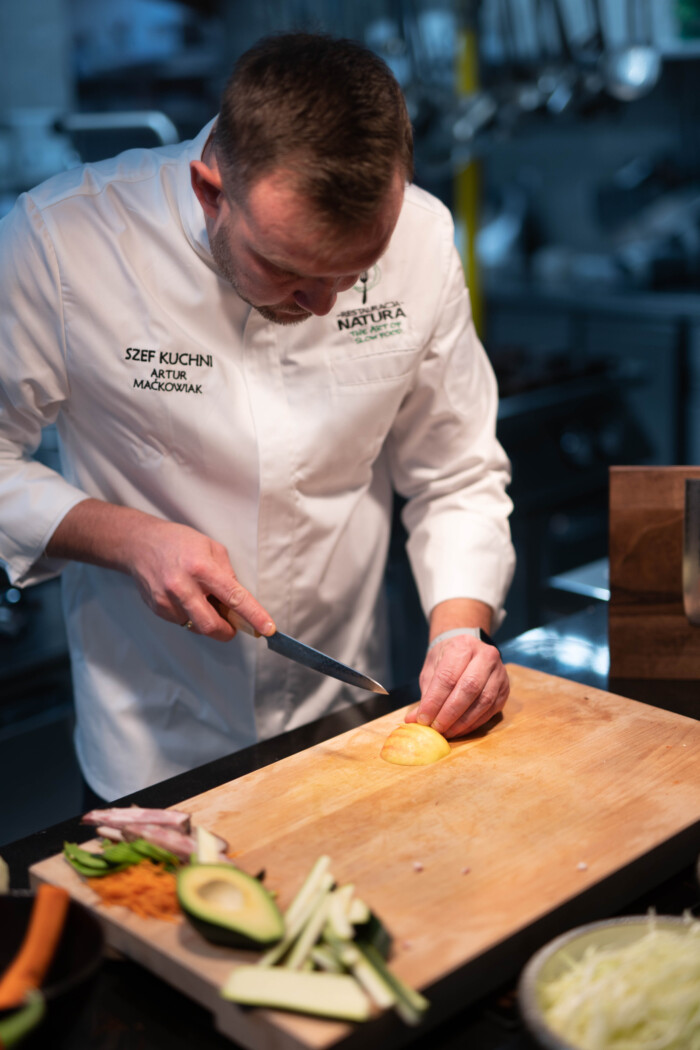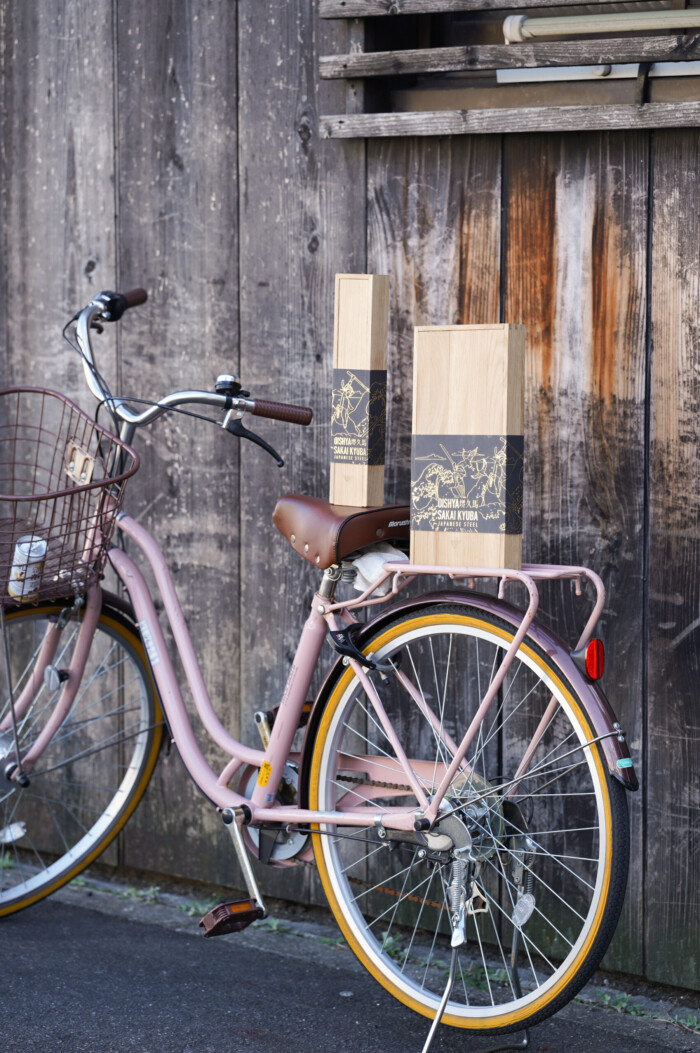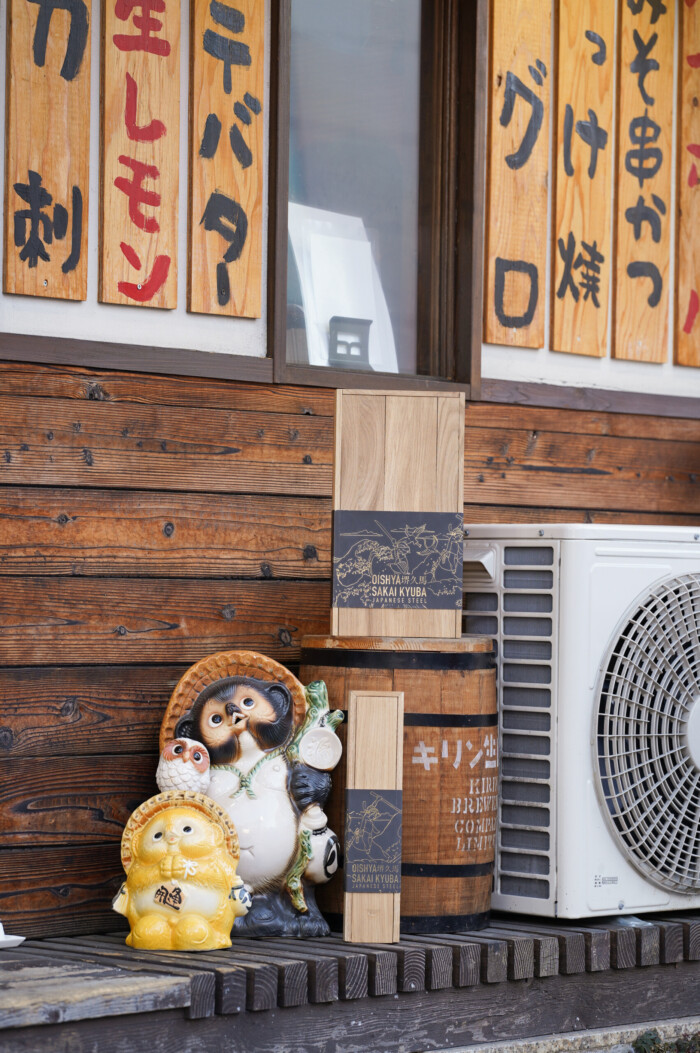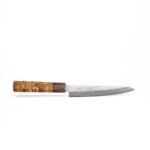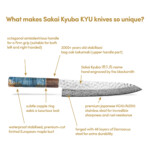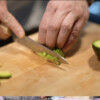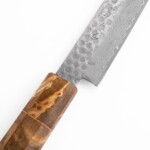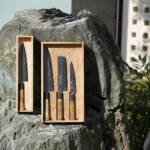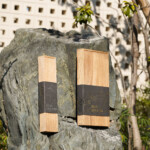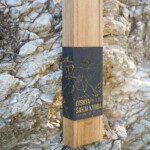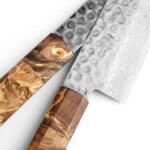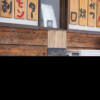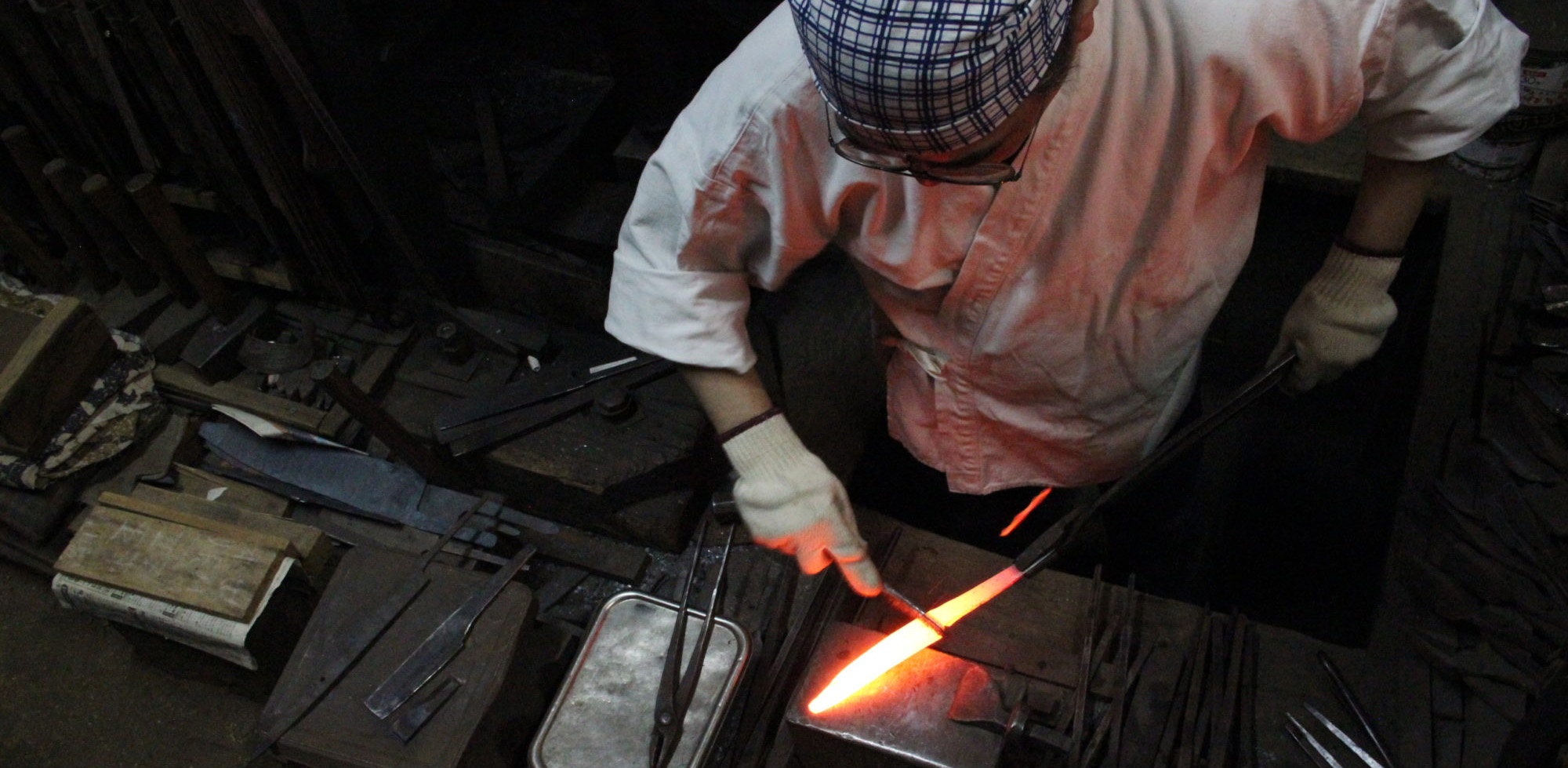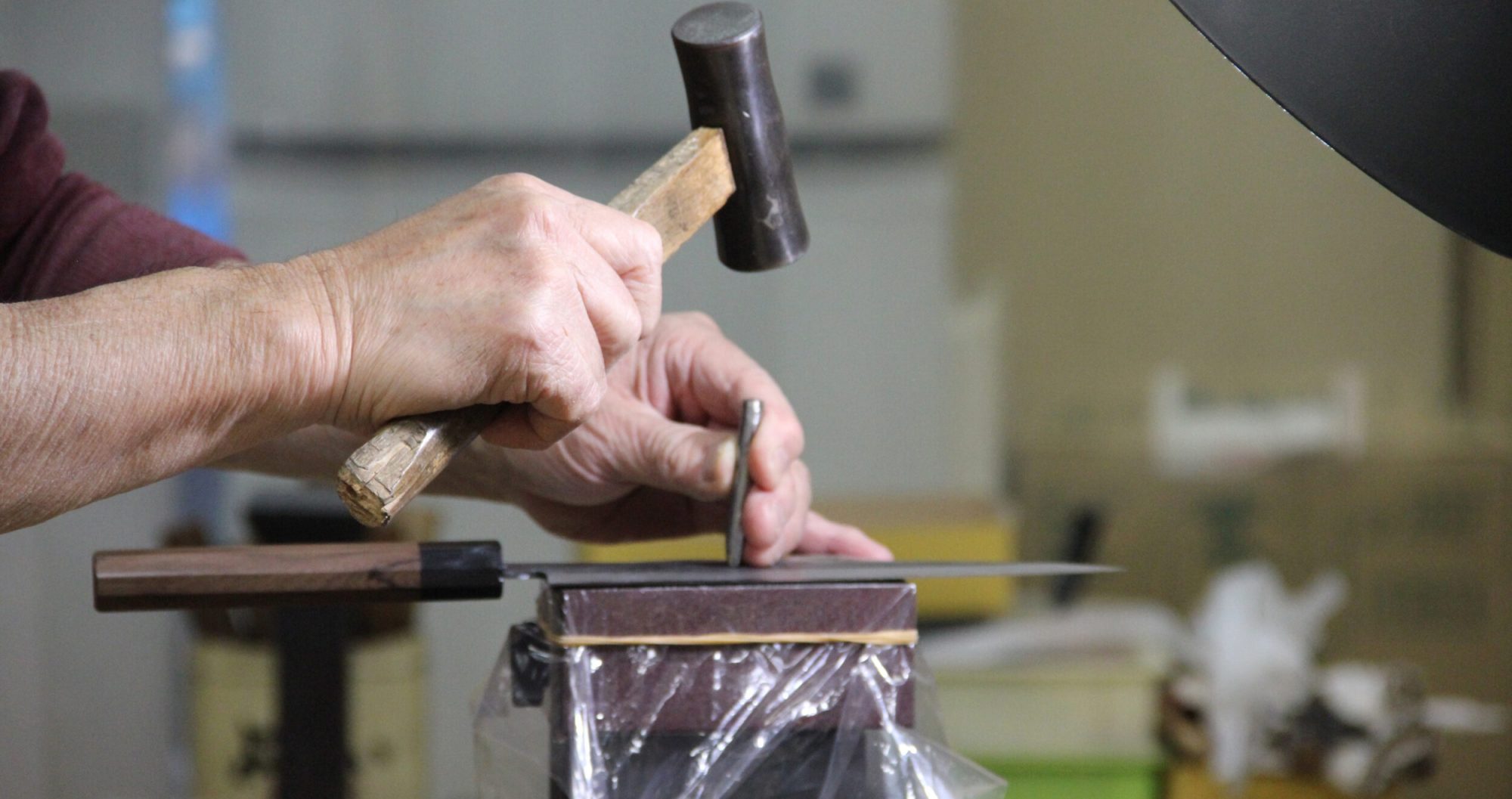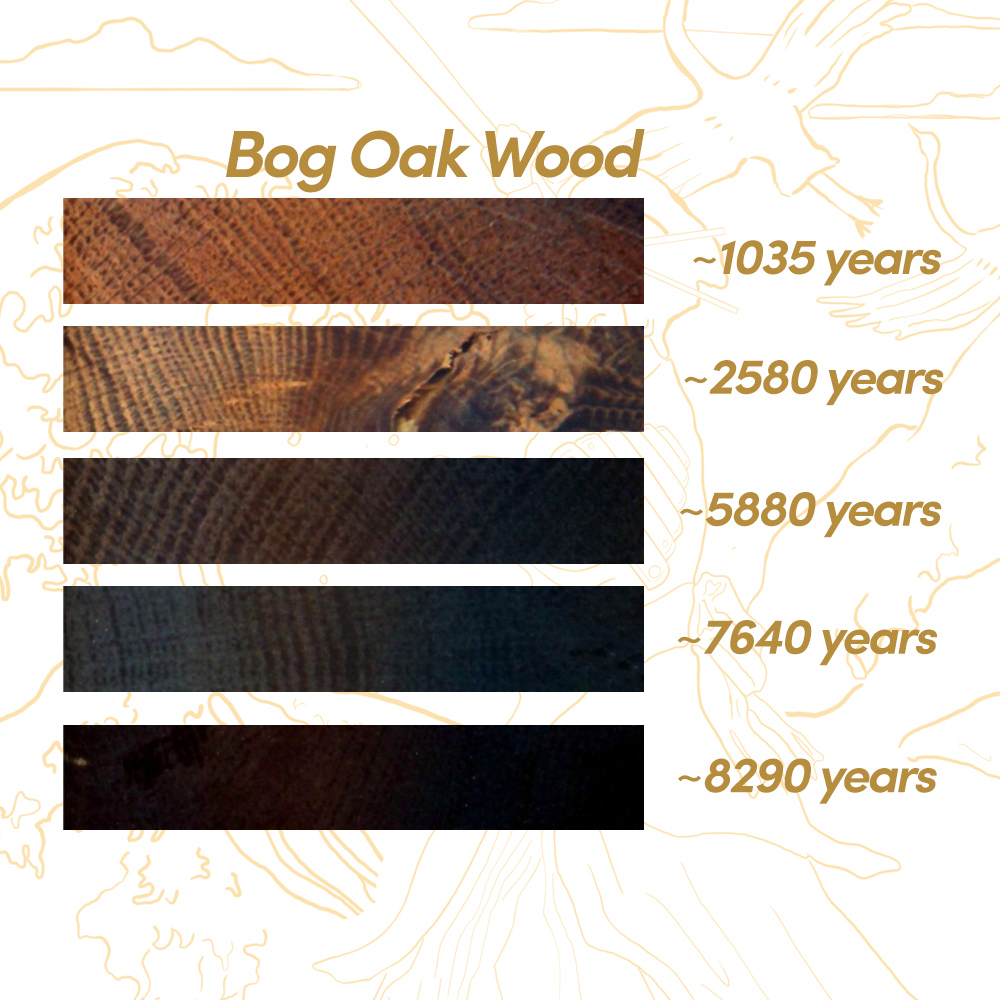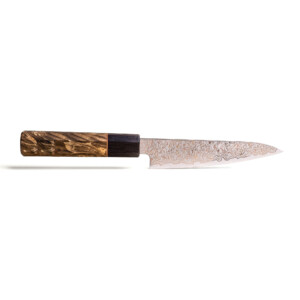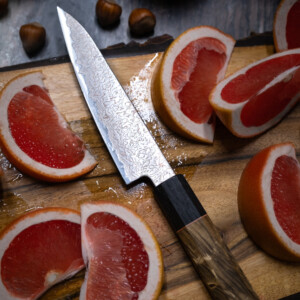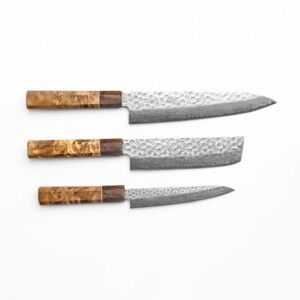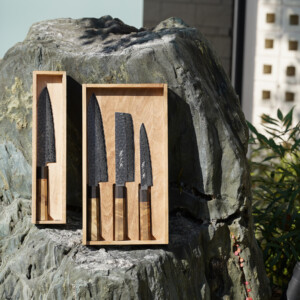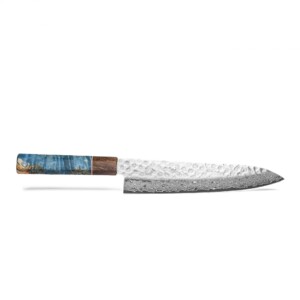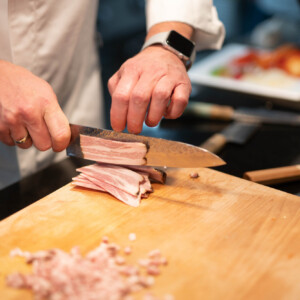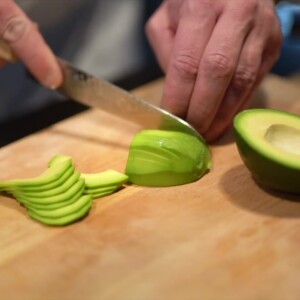Produkt Beschreibung
Ihr ultimatives japanisches Paarungsmesser: Das Petty
Sometimes called a utility knife, a Petty knife is a smaller version of Chef’s knife but is bigger than a paring knife. Dank seiner Klingengröße passt das Petty an kleine Stellen, die mehr Fingerfertigkeit erfordern als größere Kochmesser, während es größere Aufgaben erledigt, als ein Gemüsemesser erledigen kann. Seine unvergleichliche Schärfe wird für kleinere Präzisionsaufgaben wie Schälen, Trimmen und Schneiden von kleinem Obst und Gemüse genutzt. Auch für größere Aufgaben als kleines vielseitiges Kochmesser.
Es ist eine ideale Alternative zu Gyuto und Santoku für Menschen mit kleineren Händen. Seine 45 Grad abgewinkelte Doppelfase macht es perfekt für Links- und Rechtshänder. Our Sakai Kyuba 16cm Petty will make food preparation more efficient and enjoyable. Ein Messer, so einzigartig und unvergänglich wie die Erinnerungen, die Sie mit ihm schaffen.
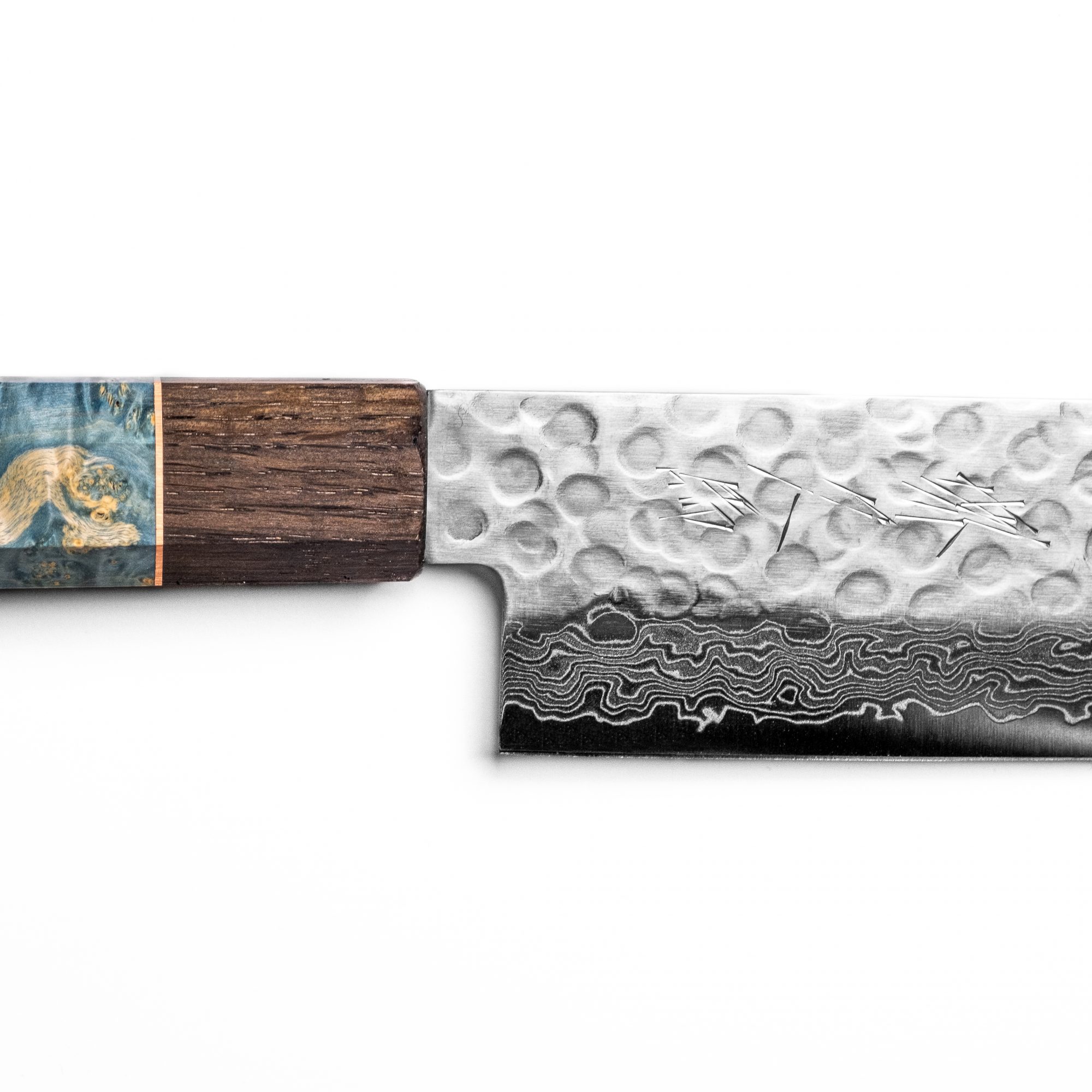
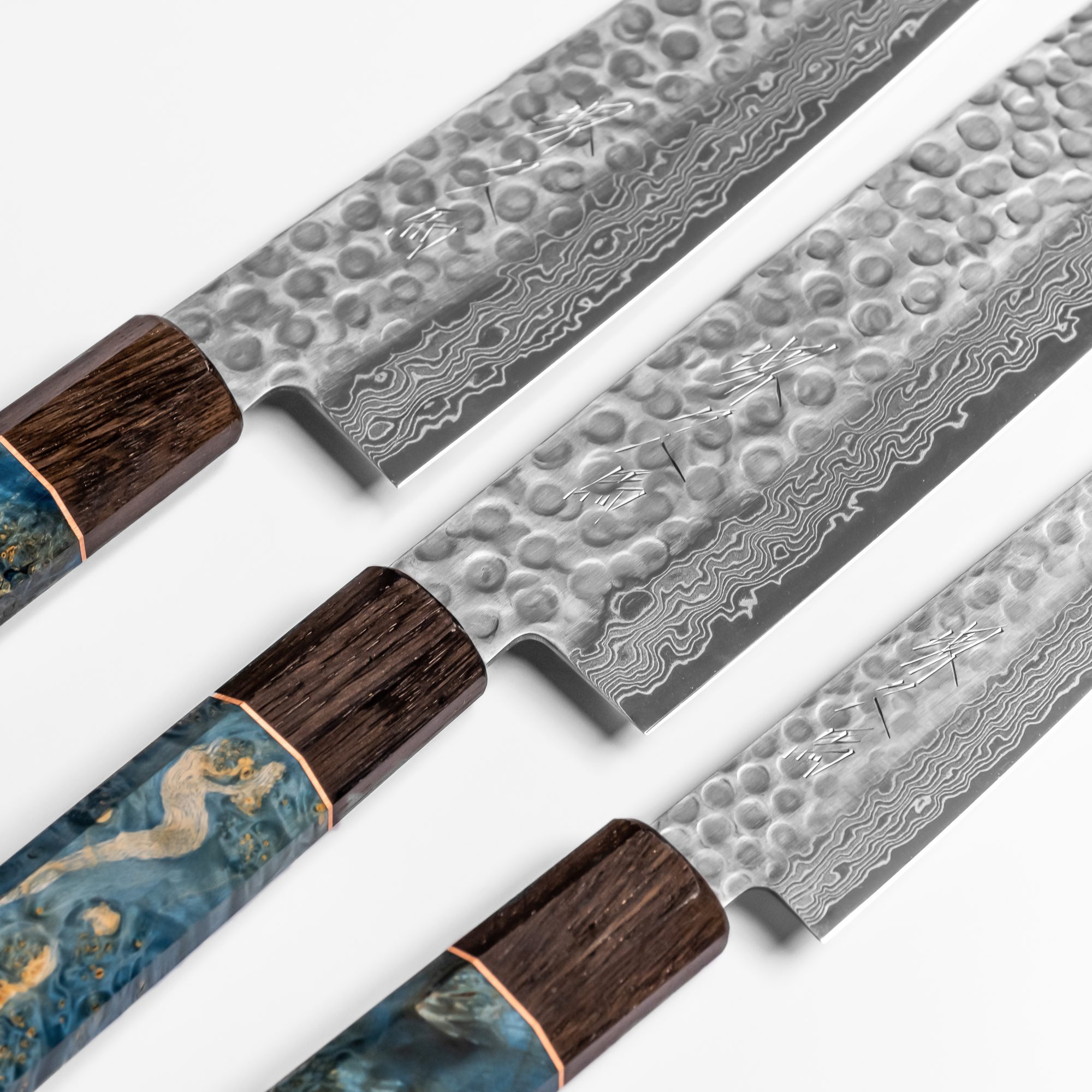
The Blade: Sharpness, Versatility and Tradition
The blade in is designed to make cooking more enjoyable as cutting through produce will become an effortless task.
The blade is handcrafted by skilled Japanese blacksmiths in Sakai, Japan with premium Japanese AUS10 stainless steel.
It is a stainless steel with a high carbon content, making it harder than most stainless steel types. You get the hardness of a carbon steel but the corrosion resistance of stainless. Hence, AUS10 steel offers an excellent balance between toughness, durability, and a razor sharpness.
Die Klinge hat eine Rockwell-Härte (HRC) von 62, was bedeutet, dass die Schneide spürbar länger scharf bleibt. Dies bedeutet, dass Sie sich nicht darum kümmern müssen, sie oft zu schärfen. Es ist aus 46 Lagen Damaststahl geschmiedet, der für seine Plastizität, Härte und unverwechselbaren Muster legendär ist. Die Klinge ermöglicht ein einfaches und schnelles Schneiden von Lebensmitteln mit Präzision.
No Handle Pattern
Is The Same
Is The Same
The beautiful handle is made with extremely limited European maple burl dyed in an Natural Brown colour and feature a subtle copper ring under the oak bog wood kakumaki (collar of the handle). Das Holz muss zwei Jahre lang getrocknet werden, bevor es den Prozess der Stabilisierung durchläuft. Dies garantiert, dass das Holz vollständig wasserdicht ist. Somit wird Bakterienwachstum vermieden und das Holz kann Generationen überdauern.
The blade’s kakumaki (collar) is made with oak bog wood. Ein Holz mit einem Alter von 2.500 bis 5.000 Jahren. Sein Alter und seine Lebensbedingungen verleihen ihm einen einzigartigen Charakter und eine reiche natürliche Farbvariation, die durch sein Alter bestimmt wird. Ihnen ein Messer mit einer reichen Geschichte zu geben.
Der stabilisierte Ahorn-Maser im Premium-Schliff ist zu einem achteckigen, beidhändigen Griff geformt, damit Sie das Messer fest im Griff haben. Die Griffe sind nicht nur ästhetisch ansprechend, sondern auch perfekt ausbalanciert, leicht und komfortabel. Dies ermöglicht maximale Präzision und kontrolliertere Bewegungen während der Anwendung.
No two handle colours or patterns are ever the same as the natural properties of each wood block are unique and will absorb the colour dye differently. This will give each knife a beautiful unique look and it can serve as an unforgettable.
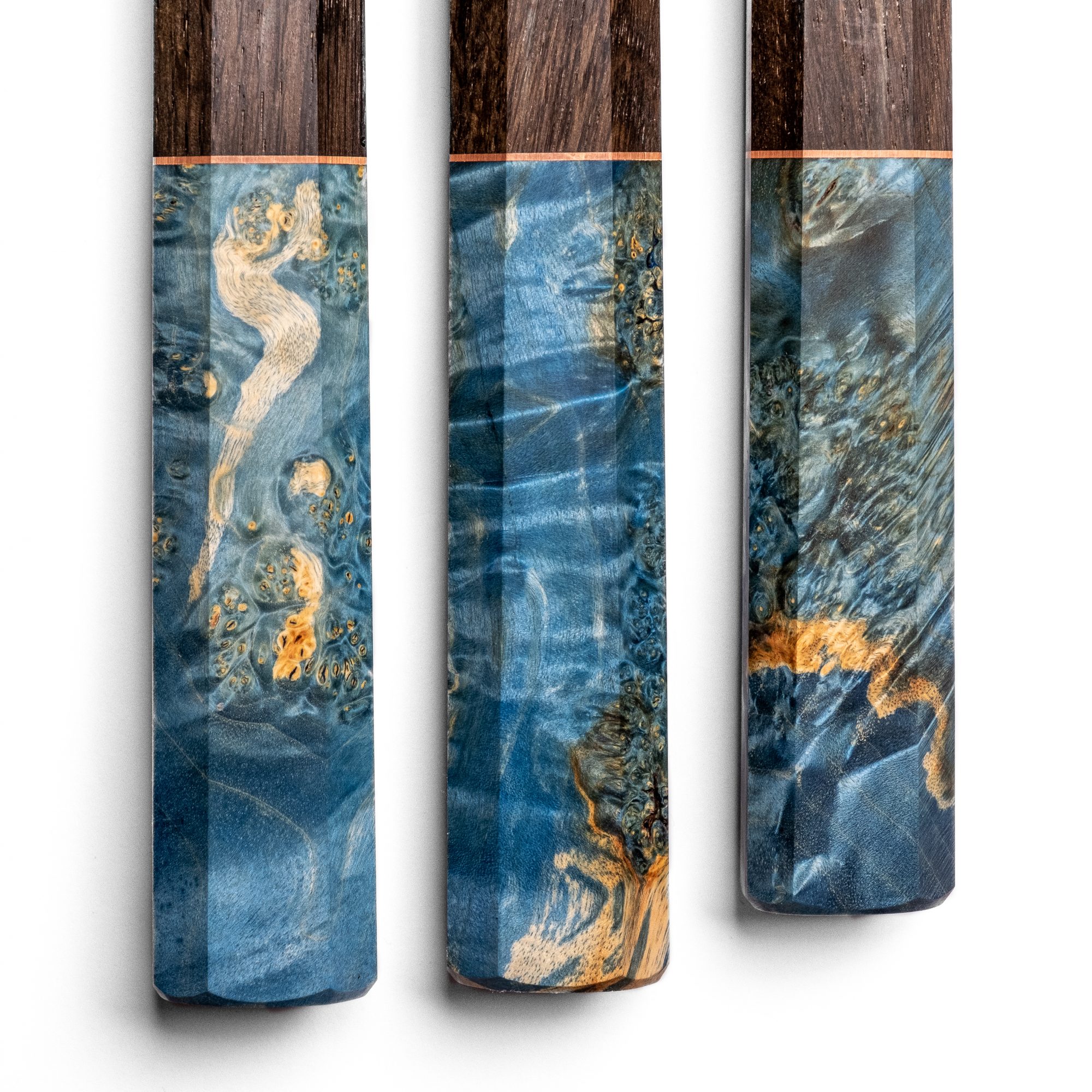
Die Verpackung
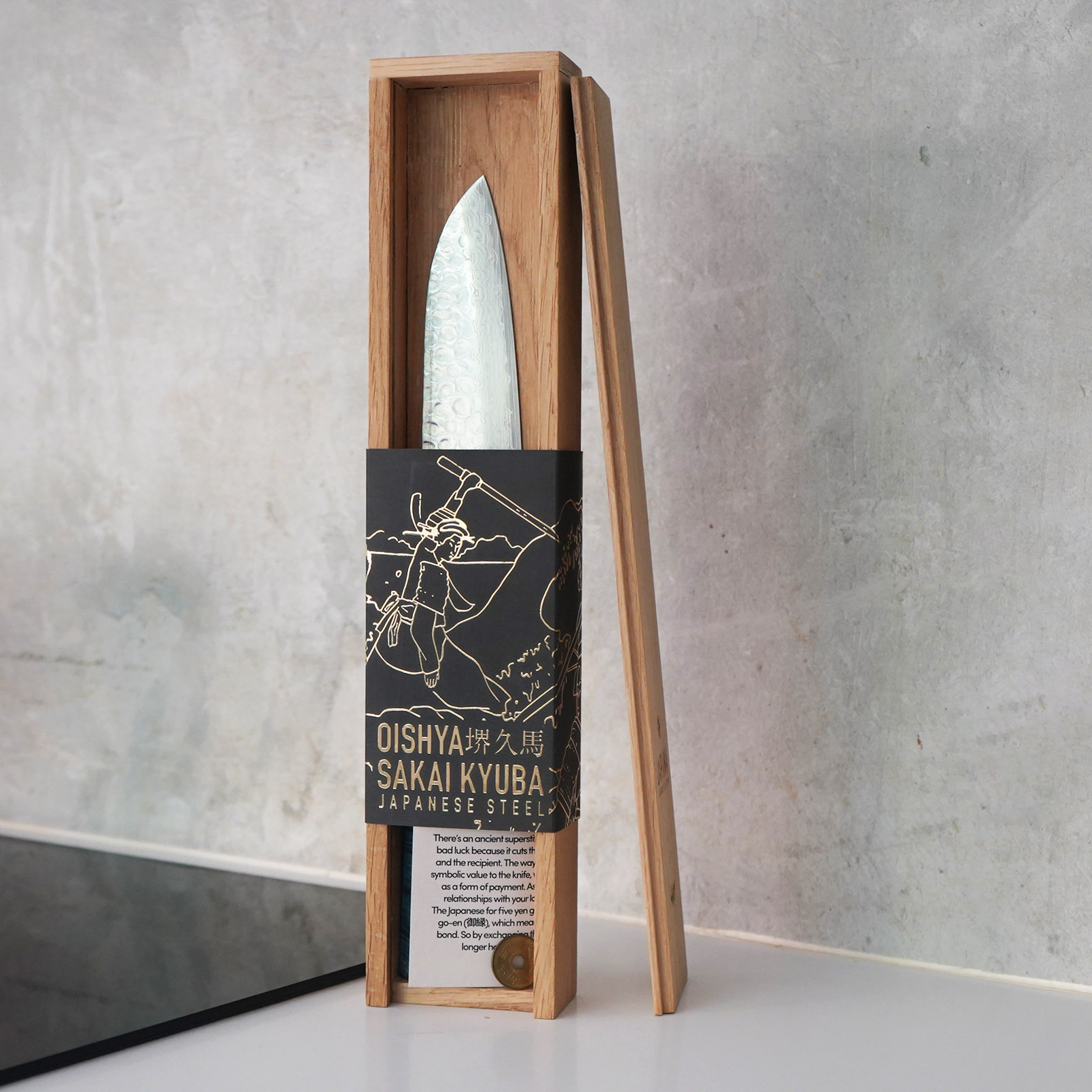
All Sakai Kyuba kitchen knives come in a handcrafted, minimalist European Oak wooden box with a delicate waxed finish. The box is wrapped in a Oishya signature illustration strip featuring the Onna Bugeisha – Japanese female warriors.
Inside, you’ll see a beautiful note with a genuine 5 Japanese yen coin for luck. There’s an ancient superstition that giving someone a knife is bad luck because it cuts the relationship between the giver and the recipient. The way around this is to attach a coin of symbolic value to the knife, which is then returned to the giver as a form of payment. As we want you to maintain your relationships with your loved ones, here is a 5 yen coin.
The Japanese for five yen go en (五円) is a homophone with go-en (御縁), which means relationship, connection and bond. So by exchanging this coin with the receiver you no longer have to worry about this superstition.
